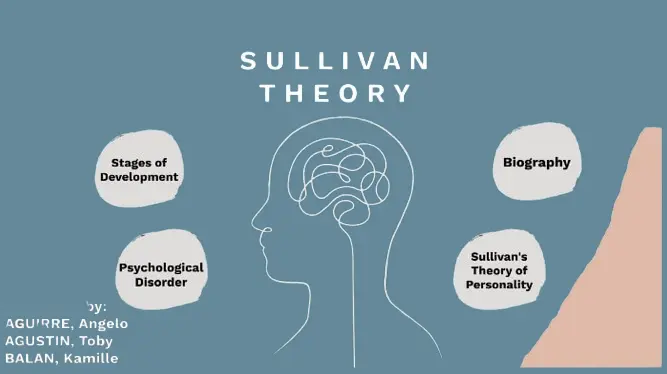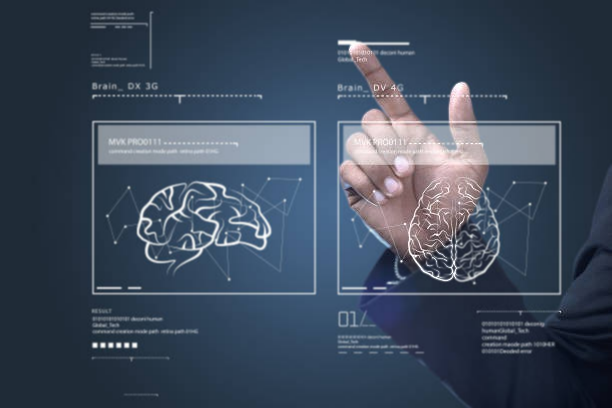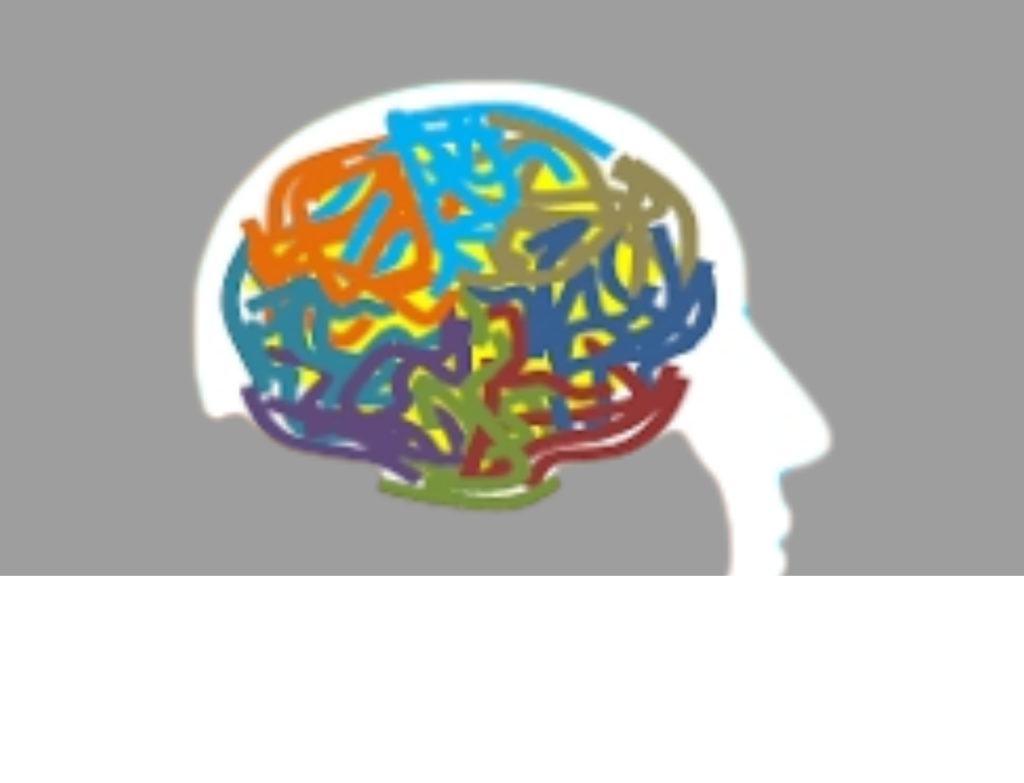diagnosing ADHD can be complex. With an online evaluation service, however, this process becomes far simpler and faster. At an online evaluation, a doctor will ask about your symptoms and their impact on daily life, while taking into consideration your medical history and any treatments prescribed in the past. Here is a test you will conduct by your self
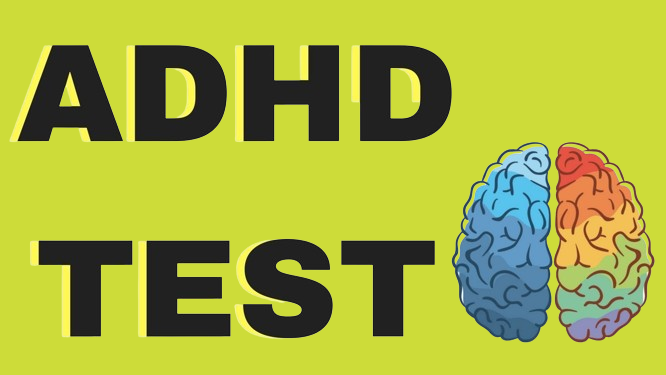
ADHD Test Quiz
| Statement | Strongly Disagree | Disagree | Neutral | Agree | Strongly Agree |
|---|---|---|---|---|---|
| 1. I frequently make typos, miscalculations, or other careless errors at work. | |||||
| 2. I talk more than others, or more than I think I should. | |||||
| 3. I often find it hard to follow along with lectures or long conversations, even ones I’m involved in. | |||||
| 4. I usually put tasks off until the last minute. | |||||
| 5. I find it easy to sit still for long periods of time. | |||||
| 6. When someone asks me to complete an important task, I usually do so without being reminded. | |||||
| 7. It’s hard for me to get started on tasks that I know will require a lot of focus and effort. | |||||
| 8. I’m always losing my keys, my wallet, or other important items. | |||||
| 9. I find waiting in line to be excruciating. | |||||
| 10. When someone asks me a question, I often start answering before they’ve finished speaking. | |||||
| 11. When I need to make an important decision, I spend a lot of time thinking it through. | |||||
| 12. I often get distracted by random thoughts that pop into my head. | |||||
| 13. If someone else is talking or making noise while I’m working, it’s hard for me to stay focused. | |||||
| 14. I get easily frustrated or upset. | |||||
| 15. I often get so absorbed in my hobbies that I feel disconnected from the rest of the world. | |||||
| 16. I usually pay my bills on time. | |||||
| 17. I feel uncomfortable if I’m not moving, even just fidgeting my fingers or jiggling my leg. | |||||
| 18. I sometimes do things that I know are foolish or dangerous. | |||||
| 19. I find it easy to sit quietly and read a book. | |||||
| 20. I often find myself butting into conversations I’m not a part of or speaking over other people. |
Self-assessment tools
There are various online ADD tests available, but for accurate diagnosis of ADHD the best solution is an in-person evaluation by a mental health professional. They have expertise in recognizing symptoms associated with ADHD/ADD as well as offering advice to manage impulsivity and hyperactivity effectively.
Professionals typically conduct an exhaustive review of an individual’s medical and symptom history, employ psychological testing or rating scales to measure severity of symptoms, assess how these affect daily living activities such as work or social relationships and make an accurate diagnosis and create a treatment plan accordingly.
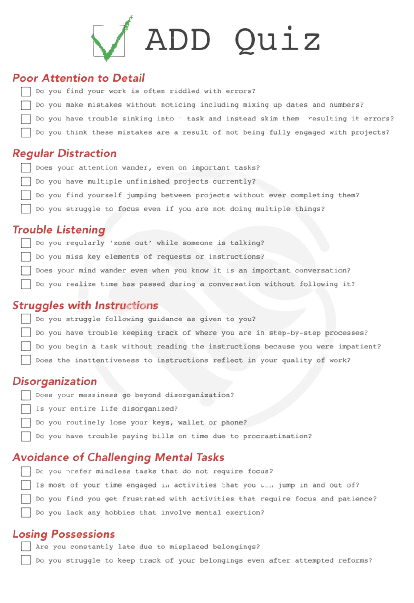
ASRS, designed by the World Health Organization and Workgroup on Adult ADHD, is a popular screening tool for adult ADHD. This self-assessment tool features several questions designed to measure symptoms based on DSM-5 criteria.
An ADHD specialist psychiatrist, psychologist or therapist can assist their patients in understanding and managing their symptoms as well as offering guidance and support in order to reach their goals. Furthermore, these professionals may recommend resources for co-occurring conditions like PTSD; posttraumatic stress disorder that has serious repercussions such as job or relationship loss.
In-person evaluations
If you suspect your symptoms could be ADHD, it is essential that you visit a medical professional. They will ask questions and administer self-scoring tests, such as Conners rating scale tests. In addition, they’ll assess how these symptoms impact work, home life and relationships and then offer treatment recommendations typically comprising medication or behavioral therapy plans. Accurate diagnoses will allow for effective management of symptoms as well as positive changes in lifestyle.
Telemedicine providers often offer online tests and evaluations for ADHD, which may provide quick and cost-effective testing services. However, it should be remembered that these online services may not be as reliable as traditional tests; additionally, some may only offer virtual health visits instead of having physical offices to visit.
Traditional diagnosis of ADHD involves undergoing an intensive assessment and interview process that includes questionnaires, family histories, and an interview about symptoms you experience. Furthermore, it’s crucial to rule out other conditions which might resemble ADHD such as depression and anxiety that might also cause similar symptoms as ADHD.
Finding an ADHD specialist healthcare provider may be of great assistance; this may include psychiatrists, neuropsychologists and psychologists. You could also ask your GP or therapist for recommendations.
Online primary care providers
Some online ADHD testing services also offer therapy sessions, making this option particularly helpful for adults who can’t access in-person assistance or who must wait long or pay high costs to receive help locally. Unfortunately, however, not all sites can prescribe medication; should this be the case for you then it would be wise to inquire as to their fees and acceptability with your insurance plan before visiting such a service provider.
Online ADHD assessment and treatment services have become a growing trend across the nation, providing rapid diagnosis via phone or video consultation. While these services fill an access to mental healthcare gap that existed previously, they don’t negate the need for thorough evaluation from an experienced provider who can also rule out other potential conditions.

Thriveworks provides virtual and in-person mental healthcare to adults, children and teenagers of all ages – including ADHD – using skilled therapists trained to treat a wide range of issues including ADHD and mood disorders like depression and anxiety. Furthermore, support groups for families living with ADHD are held regularly at various times throughout the week led by peers or virtual support groups based on demographics or lifestyle factors like age or parenting status.
Diagnosis
For an accurate diagnosis of ADHD, speaking to a health care professional is key. This can either take place in person or via telehealth appointment. A provider will ask about symptoms like when and how severe they started occurring as well as family history, personal experience and how the person behaves in various circumstances. They may also check medical/mental history records in order to rule out other conditions that have similar symptoms such as sleep disorders depression and anxiety that may present as ADHD symptoms.
ADHD symptoms vary considerably from person to person and may depend on factors like gender, family structure or culture. They may even change over time and be misinterpreted by others, creating serious difficulties in school, work and relationships as well as substance misuse, delinquency or accidental injuries without proper identification and treatment. Without such help these symptoms can have severe negative repercussions for education, work relationships as well as personal safety – potentially leading to substance abuse, criminal behavior or accidental injuries that require urgent medical attention.

Adults looking for quick diagnoses may benefit from using online diagnostic services as a starting point, though these should only ever be seen as temporary solutions. They will usually ask about medical history and past experiences before making their assessment; however, these services might not be able to detect other health conditions that share similar symptoms to ADHD.
ADHD Medication For Teens
ADHD is a serious psychological disorder which young teens needs special attention from their parents. And handlers if gradians feels anything like hyperactivity in their behaviors they must visit a psychologist or mental health professional. Because ADHD makes children’s loose their focus and they always distracted. medication will help them to concentrate and ignore distractions which will increase their focus. this will make more able to control their emotions
medications for kids and teens depends on their situation of disorder if is controllable then they try different therapies. If it is not controllable then they try stimulants.
stimulants has two types one is for immediate relief but it is for short term another is intermediate but for long term. And your health professional may use different types of medications according to ADHD age or situation of disorder.
ADHD Medication For Adults
Medication may help reduce symptoms associated with ADHD, enhance concentration and provide more sense of control; however, they should only be used as one tool in treating ADHD; other treatments (behavioral therapy and others) must also be utilized to be effective.
Stimulants are among the most frequently prescribed treatments for ADHD. They work by increasing levels of two neurotransmitters called dopamine and norepinephrine, which improves attention while decreasing fatigue. Starting doses typically are gradually increased at 3-7 day intervals until desired effects have been reached.
These medications come in various formulations and brands, each offering a slightly unique chemical makeup. You may take these as pills, patches or liquid. Some forms are longer-acting than others and may last up to 16 hours; for some individuals it may be beneficial to combine an extended-release medication taken in the morning with an immediate-release dose taken later that afternoon.
Studies indicate that antidepressant medications can improve attention and impulsivity in adults diagnosed with ADHD. Such medication increase serotonin levels in the brain while simultaneously decreasing depression.
There are other treatments for ADHD that don’t involve medication, including dietary supplements and psychoeducation – a talking therapy designed to help children, teenagers and adults understand their ADHD symptoms and identify solutions. Psychoeducation may change how someone thinks and acts; it should only be carried out under supervision from a qualified therapist.

